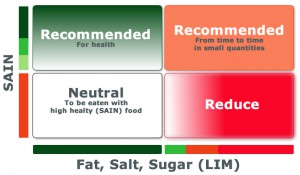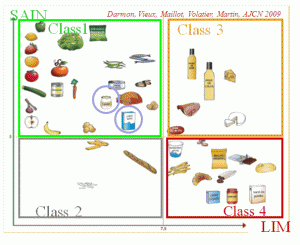According to Andrew M Prentice, PhD, from MRC International Nutrition Group, London School of Hygiene & Tropical Medicine, the intake of dairy produce shows enormous diversity between regions, cultures and individuals around the world. At the geographical level intake maps closely onto the distribution of lactase persistence (LP); a genetic trait that allows milk to be consumed beyond the weaning period without gastrointestinal side effects.
The LP trait has been independently selected at least 4 times and is under rapid positive selection showing that dairy consumption has very positive dietary benefits. For people lacking the LP trait and those with irritable bowel syndrome (IBD) the fermentation of milk into yogurt and related products (a process known for at least 8500y) aids milk digestion through the breakdown of lactose and the provision of bacterially-derived beta-galactosidase which remains active in the gastrointestinal tract.
Dietary recommendations
Despite concerns that the high saturated fat content of full-fat dairy produce would promote heart disease the latest meta-analyses show dairy consumption to be neutral or beneficial for weight control, coronary disease, diabetes, hypertension and most cancers.
In global ecological comparisons milk and dairy intake is strongly associated with adult height and many international advisory bodies recommend the consumption of 400-500ml milk equivalents per day, but few population groups meet these levels. Of 50 national food-based dietary guidelines (FBDG) surveyed two-thirds make reference to yogurt and either give guideline quantities or encourage an increase in consumption within the wider guideline to increase intakes of low-fat dairy produce.














